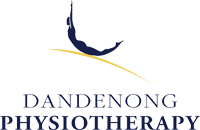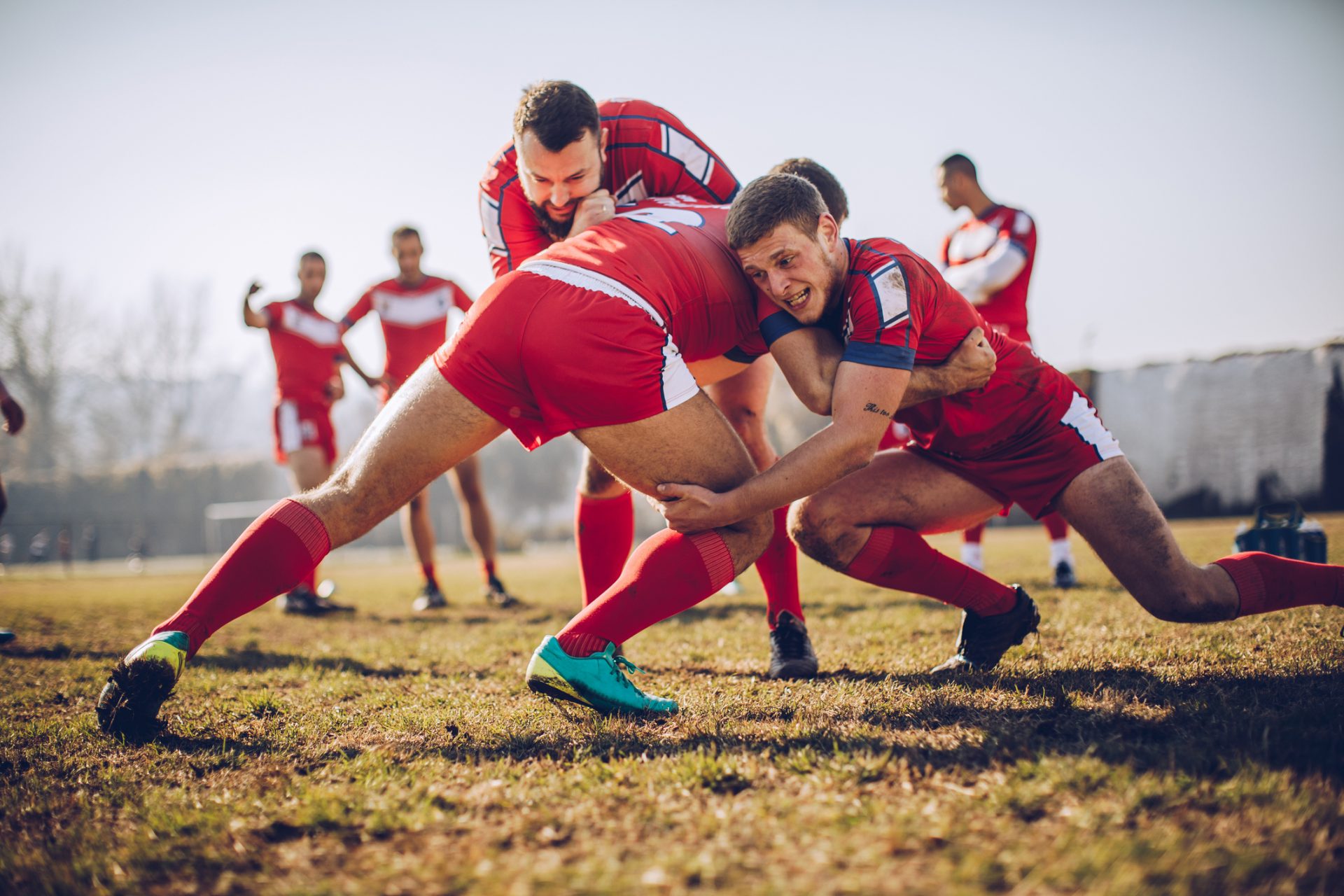The Australian Institute of Sport (AIS) have updated Youth and Community Sport Guidelines on concussion injuries in sport.
Updates to the guidelines address several of the recommendations from the senate inquiry into concussions and repeated head trauma in contact sports.
These guidelines are part of the Concussion and Brain Health Position Statement, aligning Australia’s approach with New Zealand and the United Kingdom.
Advice from the AIS regarding return to contact sport now specifies:
- An expansion of the existing advice for children (aged 19 and under) to be symptom free for 14 days prior to returning to contact training to also apply to all incidences of community sport related concussion.
- Extending the mandatory minimum stand-down period following an incidence of sport-related concussion to 21 days from the time of concussion until returning to competitive contact sport.
The AIS Concussion and Brain Health Position statement also provides recommended guidelines for high performance and professional athletes over the age of 19, recommending:
- Daily access to health care professionals
- Advising no return to contact activities until the athlete been symptom-free for at least ten days
Mark Scotney, Australian Mogul and Aerial Team Physiotherapist, suggests “the new guidelines from the AIS on concussion are a great step forward in providing education for the broader community and some clear guidelines on the importance of early diagnosis and appropriate extended recovery time after concussion. They are now recommending 21 days minimum for children.”
Mark adds “contact sport will always have its injury risks, but this can be reduced with good levels of participant and coach education. Concussion is no different to musculoskeletal injuries, if respected and treated appropriately safe return to contact sport can be made no long-lasting side effects.”
What to do in the instance of a concussion
A concussion mild is traumatic brain injury, the effects of which can continue to affect a person if proper medical observation or treatment is not sought.
Concussions are extremely common among 15 – 24-year-olds, and more prominent in women.
If you experience or witness someone becoming concussed, we advise seeing your physiotherapist within 24-48 hours after injury and see your general practitioner as soon as you can.
On the field
- Any suspicion of concussion, the player should be removed from the field
- Player should not return to sport until had a medical evaluation
- If in doubt – sit them out
- Attention should also be made to:
- Cervical spine
- Possible facial injuries
- Maintenance of airway
In the first 24 hours
- No driving until medically cleared
- No return to activity or training
- Decrease stimuli
- Minimal use of phones, TVs, computers etc.
- No alcohol or recreational drugs
- Limit academic activities
- Avoid:
- Aspirin
- Anti-inflammatories
- Sleeping tablets
- Sedating painkillers
Professional advice for concussion management when you need it
When it comes to concussion, Lifecare’s experienced team are ready to help.
We can help you manage initial and any continuing symptoms so you can avoid secondary injury.
You can achieve a safe recovery and return to the activities you love.
Reach out to Peninsula Sports Medicine Group Dandenong today.


